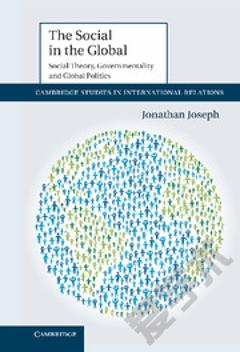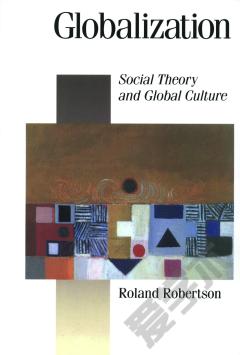Globalization, Critique and Social Theory —— Diagnoses and Challenges
----- 全球化、批判理论与社会理论:透视与挑战分析
In recent years, under the impression and the burden of globalization and neoliberalism, debates about the relationship between the theory and practice of progress - including the theory and practice of social critique - have gone through an unexpected and momentous revival, renewal and rejuvenation. This is due in large part to the proliferation of manifest crises in the early years of the twenty-first century. The terrorist attacks in September of 2001, the financial crisis of 2008 that spawned the Great Recession, the Euro crisis that began in fall 2010 - these events provided glimpses of the existing system of political economy, and opportunities to begin to grasp and reveal the ongoing reconstruction of business-labor-government relations in the early 21st century. Yet, in a variety of ways, the notions that theories and practices of rigorous social critique in and of modern societies could become outdated, or that they were based on a categorical misunderstanding of the nature of social, economic, political and cultural life in the modern world, were symptomatic of an ongoing reconfiguration of the system of political economy itself.
{{comment.content}}








 京公网安备 11010802027623号
京公网安备 11010802027623号